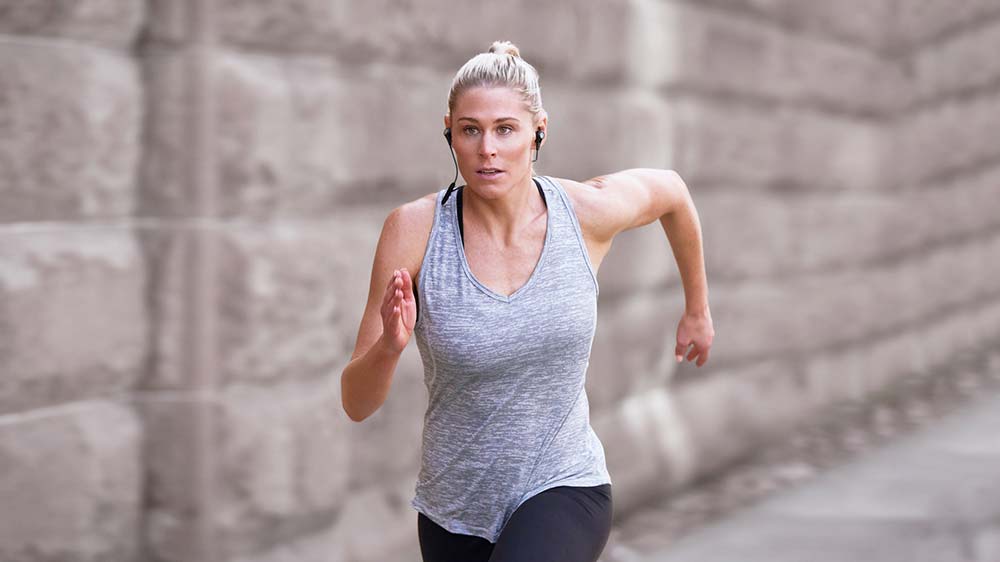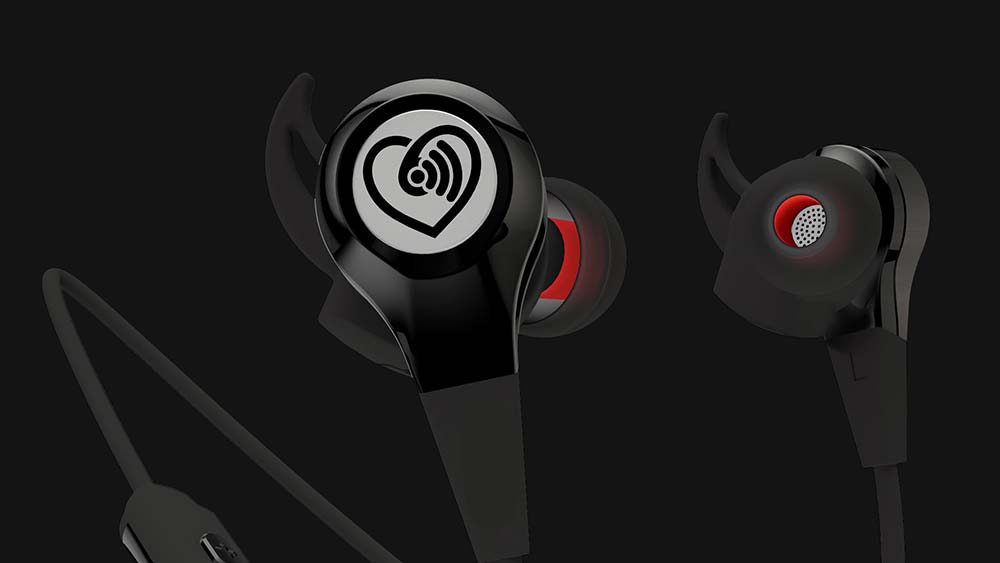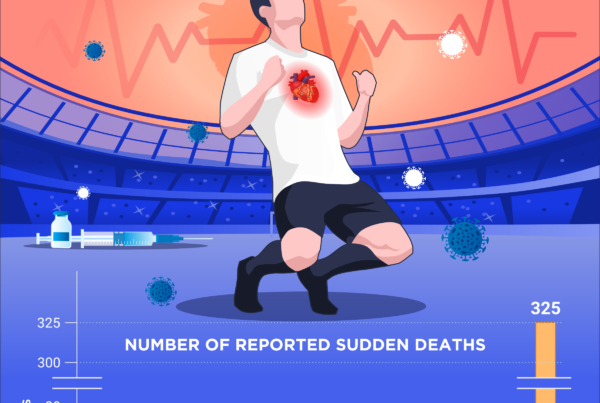
Heart rate monitoring is much more than just checking your numbers. Increased fat-burning, assessing performance progress, avoiding exercise stress, and other great benefits await you when you crack the code.
Dr. Philip Maffetone
Don’t just burn calories — burn more fat calories and maximize aerobic function!
Without monitoring your heart rate, and knowing what the numbers really mean, you may be missing out on a powerful biofeedback tool. It’s not just precision guidance by your inner intuitive coach, but avoiding the risk of harm for both health and fitness.
After more than 40 years of developing HR monitoring programs that help individuals personalize their programs, the following factors have stood the test of time as the most important ones — when used properly. Knowing your HR helps and the process of HR monitoring is relatively simple.
HR helps take the guesswork out of exercise.
Most exercisers know about HR monitoring. But MAF HR monitoring is unique because it impacts so many aspects of health and fitness. These benefits include its use before, during and after exercise, and at rest. Whether you want to become a faster runner, a proficient walker, reduce/prevent injuries, improve fat-burning and weight loss, or just look and be more fit, you must personalize your program. The HR monitors your workout intensity so you can influence the metabolic response to each workout.
Aerobic benefits include:
- burning more fat calories
- quicker recovery
- avoiding exercise stress
Just launched!
Take a look at the new MAF HR+ earbuds that are your in-ear heart monitor and fitness tracker.
The links below can direct you to more information about how and why knowing your HR can significantly help improve your brain and body. The key is finding your personalized exercise HR — called your MAF HR.
- HR helps you monitor fat-burning.
- HR helps you understand the practical difference between aerobic and anaerobic.
- HR helps guide your valuable warm up and cool down.
- If you perform high intensity training, the HR helps you prepare, recover and guide the workout.
- HR helps make you more aware of physical, biochemical and mental-emotional stress to prevent overtraining.
- HR helps you to track exercise progress, so you really know if you’re benefiting from exercise, or not.
- The resting HR helps you regularly evaluate recovery, and overall health and fitness.
- HR helps increase your awareness of heart health.









